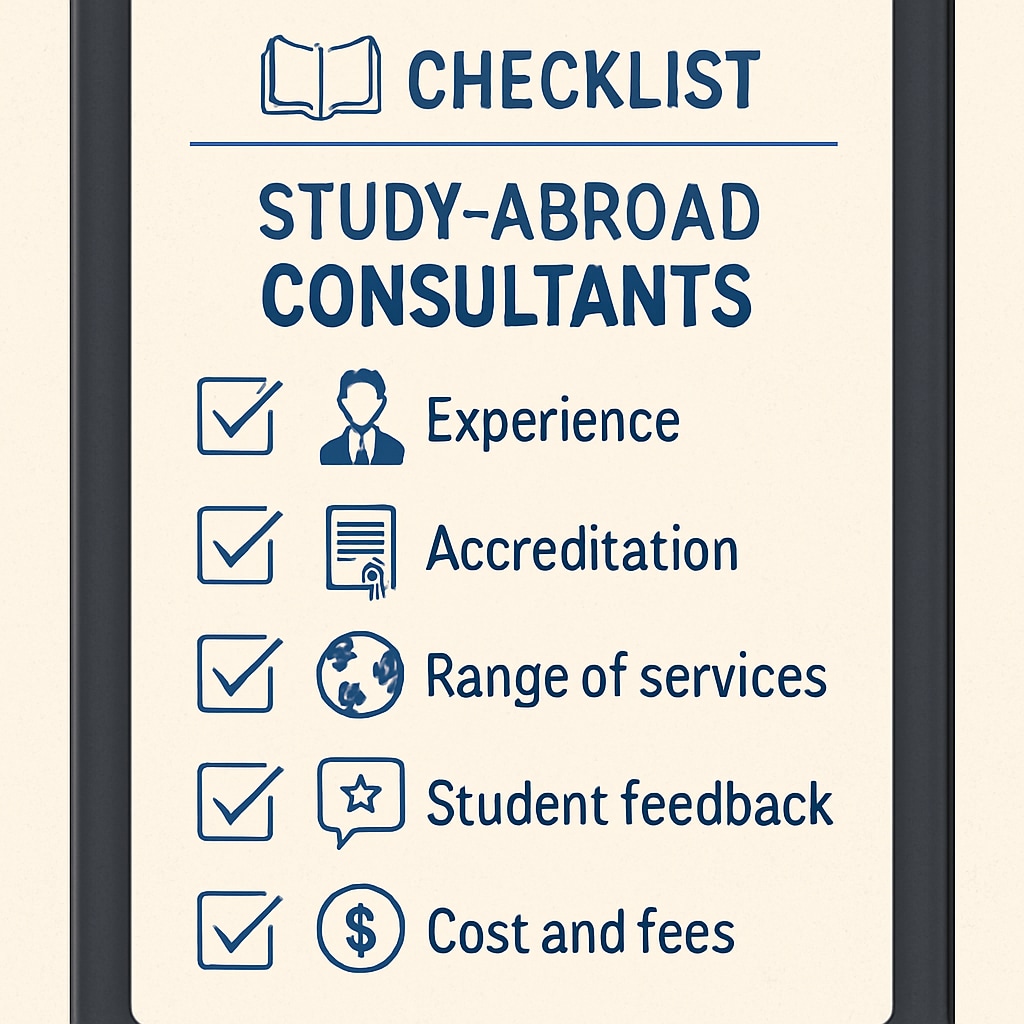For K12 students aspiring to pursue a master’s degree in the United States, selecting the right consulting agency can be a crucial step in planning their academic and professional future. The decision to work with a U.S. graduate program consultant can significantly impact the quality of the application process, program selection, and eventual success. However, with the growing number of agencies available, it is essential to make an informed choice to avoid common pitfalls. This article provides a comprehensive guide for K12 students and parents to navigate this process effectively.
Why You Need a Graduate Program Consultant
Pursuing higher education abroad, especially in the United States, requires meticulous planning. From understanding application requirements to identifying suitable universities, the process may seem overwhelming. A U.S. graduate program consultant can simplify this journey by offering expert advice, personalized strategies, and professional insights. However, not all consultants provide the same level of service, making it essential to evaluate their credibility and expertise.

Key Criteria for Evaluating Consultants
When selecting a consultant, consider the following factors:
- Experience and Reputation: Check the consultant’s track record and reviews. Are they experienced in handling applications for U.S. master’s programs?
- Transparency: Ensure they are clear about their fees and services. Avoid agencies that promise guaranteed admissions, as this is often a red flag.
- Specialization: Look for consultants who specialize in U.S. graduate programs rather than offering general study-abroad services.
- Network: A well-connected consultant may have partnerships with universities or access to exclusive resources that can benefit applicants.
- Personalized Service: Choose an agency that tailors advice based on the student’s academic background, interests, and career goals.
Researching these aspects will help you make a more informed decision.
Common Pitfalls to Avoid
While hiring a consultant can be beneficial, there are potential risks to watch out for:
- Overpromising Results: Be cautious of agencies that guarantee admission to top universities, as admissions depend on academic merit and other factors.
- Lack of Expertise: Some consultants may lack specific knowledge about U.S. graduate programs, leading to generic or incorrect advice.
- High Fees Without Value: Expensive services do not always equate to quality. Evaluate whether the fees align with the services offered.
- Limited Communication: Avoid agencies that fail to provide timely updates or are difficult to contact during crucial moments of the application process.
By recognizing these pitfalls, families can take proactive measures to protect their investment in education.

Planning Ahead: How K12 Students Can Prepare
Early preparation can make the transition to a U.S. master’s program smoother. Here are steps for K12 students and parents:
- Understand Academic Requirements: Familiarize yourself with GPA expectations, standardized tests like GRE or GMAT, and prerequisites for specific programs.
- Build a Competitive Profile: Encourage students to engage in extracurricular activities, internships, or research projects that align with their intended field of study.
- Research Universities: Create a shortlist of institutions based on academic programs, campus culture, location, and affordability.
- Start Early: Begin preparing application materials such as personal statements, recommendation letters, and resumes well in advance.
- Consult Experts: Reach out to trusted advisors or consultants to discuss options and strategies tailored to individual goals.
Taking these proactive steps will ensure a more organized and successful application journey.
Final Thoughts
Choosing the right U.S. graduate program consultant is a critical decision for K12 students aiming to study abroad. By focusing on experience, transparency, and personalized services while avoiding common pitfalls, students and parents can maximize their chances of success. Early preparation, coupled with professional guidance, can set the foundation for a fulfilling academic experience in the United States.
For more information on graduate program planning and consulting, explore reputable resources like Britannica’s guide to higher education or Wikipedia’s page on graduate school.
Readability guidance: Use clear headings, concise paragraphs, and actionable tips. Avoid overly technical language to ensure accessibility for K12 students and families.


